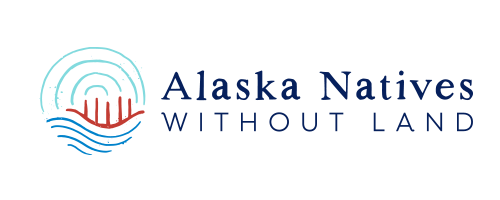Tenakee Springs - Tinaghu
Tenakee (Tinaghu) is located on the east side of Chichagof Island and on the north shore of Tenakee Inlet. The Tlingit word Tinaghu means “Coppery Shield Bay” and refers to three copper shields (tináa) lost in a storm near the area. Tinaghu was known to the Native inhabitants as Tenakee Village before it became Tenakee Springs.
Tinaghu was primarily a cannery and logging town in the 1950s but historically served as a thriving Native village whose occupants were members of the Tlingit Wooshkeetaan (Eagle/Shark Clan). The village dates back hundreds of years prior to the arrival of foreigners, and the inlet served as an ideal location for fish camps.
The natural hot springs of Tinaghu also made the location suitable for the winter months and became a key staple of the small village as fishermen, prospectors and missionaries flocked to the area, quickly outnumbering the Native population.
Photo courtesy of the Alaska State Library.
During the mining operation of the Gypsum Creek Mine, there was an influx of segregation, alcohol and disease that forced many Alaska Natives to leave Tenakee and start anew. When ANCSA enrollment started in the 1960s, 64 individuals still identified Tenakee as their traditional homelands.
Unfortunately, while there was an active Alaska Native Brotherhood and Sisterhood in the 1920s, the Native population decline due to displacement and assimilation forced the group to disassemble in the 1950s.
It is still unclear as to why Tenakee was not included in the Alaska Native Claims Settlement Act 50 years ago, which is the same for the other four excluded Southeast communities. From having clear evidence of burial sites near, around, and on the current townsite, to the federal government recognizing the Native community of Tenakee as an “Indian Settlement” in 1935 and excluding Tenakee from the Tongass National Forest, ANCSA exclusion still remains an injustice that Alaska Natives Without Land and partnering organizations work to fix to this day.

